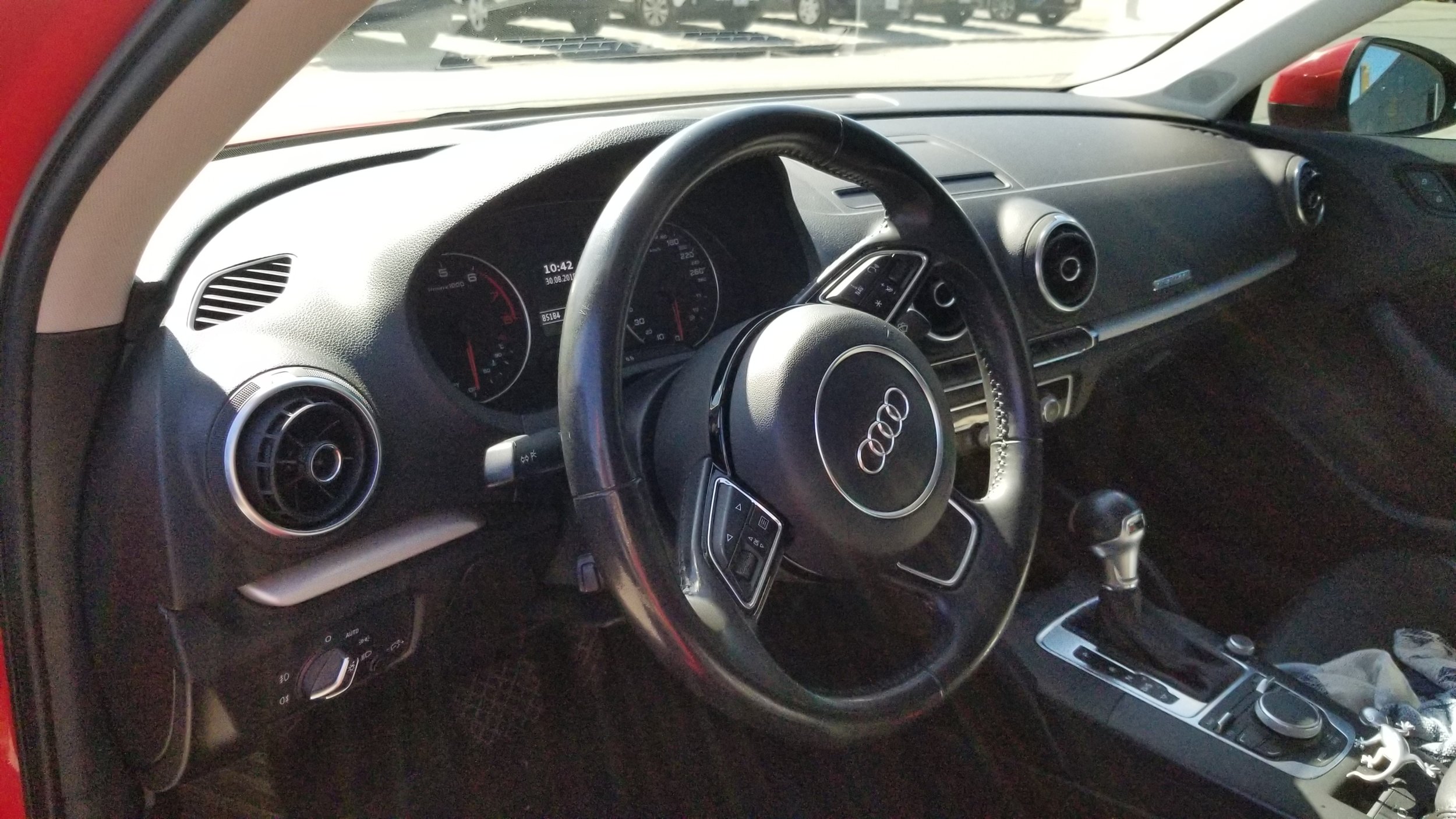Audi Service
Common service issues for Audi
Leaking Oil
This is one of the most common problems we see and it seems to affect the Audi A4 worse than any other model. These leaks can be caused by issues with one of several engine parts – the camshaft seals, valve cover gaskets, and the front and rear crankshaft seals. Also a noted issue is the crankcase ventilation tube leaks, this causes excessive oil consumption.
Timing Belt
Audi cars, especially the Audi A4, have experienced issues with their timing belts, a piece of reinforced rubber which ensures that all engine’s valves are opening and closing at the right time for maximum efficiency. Timing belts require replacement due to constant rubbing on the top of the timing cover. This would be noticeable noise that should not be ignored and is specifically related to mileage. If the timing belt is out, then the engine may be working inefficiently or may not work at all. Timing belts should be changed regularly to ensure that they do not break while then engine is running. It is not possible to predict when the belt could break, this is why it is recommended to replace it when Audi advises; which is approximately every 140,000km or every seven years.
Turn Signal Will Not Turn Off
Audi uses a multi-function switch inside the steering columns which controls all the functions, including stop lights, headlights, windshield wipers and turn signals.
Cars with stuck turn signals may not seem a huge issue, but it can be very dangerous to other road users who have no idea what maneuver you are really about to make – if any. This is usually due to the multi-function switch becoming stuck, and staying on at all times. This is solved simply by replacing the multi-function switch.
Axle Joints Losing Grease
The constant velocity or CV joints are an integral part of any motor vehicle, transferring power from the car’s transmission to the wheels. Unfortunately, several Audi vehicles have ended up with problems with their CV joints losing grease, thereby increasing friction, wear and tear, and reducing the efficiency of the whole system. Sometimes this issue can be fixed by replacing the “boot” of the axle – the part which keeps water and dirt out of the moving parts – but if the damage is too severe, you will end up having to replace the entire CV joint.
This occurs when the CV boot splits while the vehicle is in motion, as it spins, grease is releases.
If caught early, the boots can be replaced and the axle will not require maintenance.
Catalytic Converter Failure & Exhaust Leaks
The catalytic converter is a device which is part of the exhaust system on most modern cars, converting the toxic emissions from the engine into less damaging gases. Emissions controls are becoming tighter and tighter, and catalytic converters are not only essential in order to ensure that it is legal for your car to be on the roads, but a malfunctioning catalytic converter can also reduce efficiency. The exhaust leak problem which afflicts several Audi models can lead to catalytic converter damage – and replacing one of those is not inexpensive. Spotting exhaust leak issues early is essential to ensure the repair shop bill doesn’t break the bank.
This is typically caused by an oil consumption issue. Once the oil becomes clogged, it overtime leads to failure. With regular maintenance, this issue can be avoided.
Coolant Leak
This mostly comes from a broken or loose radiator cap. The problem may present itself as a white smoke coming from the exhaust or visible coolant leak outside the vehicle.
This can also be an issue with the water pump or cooling hoses. With proper maintenance and inspections, this issue can be caught early and minimize the cost of repairs.





